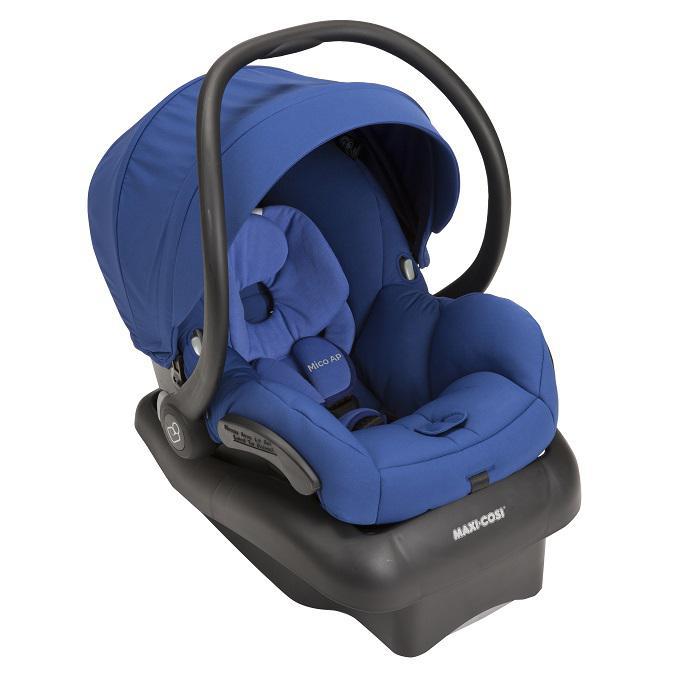FDA clears very first gene-altering therapy — ‘a living drug’ — for childhood leukemia
The inwards track on Washington politics.
*Invalid email address
Emily Whitehead, shown with her parents, Thomas and Kari Whitehead, was the very first child treated with a fresh type of cancer therapy that uses the patient’s own genetically modified cells to fight cancer. The Food and Drug Administration approved the therapy on Wednesday. (Sean Simmers for The Washington Post)
The Food and Drug Administration on Wednesday approved a groundbreaking cancer treatment for childhood leukemia that uses patients’ genetically altered immune cells to fight the disease. It is the very first gene therapy to be cleared in the United States — a “historic” activity, the agency said — and one with major ramifications for patients with cancer as well as other diseases.
The decision gave the green light to the Novartis drug Kymriah for children and youthfull adults whose leukemia doesn’t react to traditional approaches. That group numbers only six hundred or so patients a year in this country. But the one-time, customized treatment is also being tested for a range of diseases from non-Hodgkin lymphoma and numerous myeloma to solid tumors.
The therapy’s approval signals a fresh chapter in treating cancer by mobilizing the figure’s own immune system and by using modified genes to fight disease.
“We’re injecting a fresh frontier in medical innovation with the capability to reprogram a patient’s own cells to attack a deadly cancer,” FDA Commissioner Scott Gottlieb said. “New technologies such as gene and cell therapies hold out the potential to convert medicine” and cure intractable illnesses. He said companies are pursuing hundreds of experimental treatments involving gene therapy products.
Unlike some experimental gene approaches, the Novartis treatment, called CAR T-cell therapy, doesn’t substitute disease-causing genes with healthy ones. Instead, in a complicated and personalized process, white blood cells called T cells are extracted from the patient and sent to a manufacturing center to be altered to include a fresh gene that directs the T cells to target and kill leukemia cells. Those T cells, an significant part of the immune system, then are infused back into the patient.
Carl June, the University of Pennsylvania professor who led the treatment’s development, said he believes it will be a game-changer not just for children with leukemia but potentially for all cancer patients. Mouse experiments indicate that an array of cancers react to the therapy, he said, tho’ the big question is “how long this will take to come about for humans?”
The Novartis therapy is approved for patients who are up to twenty five years old and have B-cell acute lymphoblastic leukemia that doesn’t react to treatment or that comes back after initial therapy — as happens in up to twenty percent of patients, according to the FDA.
Novartis told reporters the treatment would cost $475,000; that makes it one of the most expensive of the fresh, high-priced oncology therapies. Critics of high drug prices instantly voiced dissatisfaction, noting that the federal government has spent millions of dollars on basic research paving the way for the treatment. A group called Patients for Affordable Drugs called the cost “excessive.”
The FDA activity was expected after a panel of outside advisers this summer recommended approval in enthusiastic terms. In a pivotal investigate of more than five dozen patients, researchers reported, more than eighty percent of those who got the therapy went into remission. A year later, about two-thirds of the patients had not were still alive and had not relapsed.
Kevin Curran, a pediatric oncologist at Memorial Sloan Kettering Cancer Center in Fresh York, called the fresh treatment “exciting for pediatric oncology” and said he hoped it would make bone marrow transplants obsolete. Johns Hopkins oncologist Elizabeth Jaffee, president-elect of the American Association for Cancer Research, called the medication a “major advance that is going to help kids,” who often are the last to benefit from cancer breakthroughs.
The treatment can cause serious side effects including high fevers, plummeting blood pressure and neurological problems. Often, those complications can be successfully treated with a drug called tocilizumab.
Because of the risks involved in using the cancer drug, the FDA is limiting its distribution to specially trained hospitals and medical staff.
In their call with reporters on Wednesday, Novartis executives said they expect to have twenty certified medical centers ready within a month and thirty two by the end of the year. They said the company is collaborating with the federal Centers for Medicare and Medicaid Services to develop a pricing model based on how well the drug works; a patient will not be charged for the therapy if it doesn’t showcase signs of working within a month.
Of the patients in the United States who are eligible for Kymriah, most are children who have insurance coverage through their parents’ insurance, Medicaid or the federal Children’s Health Insurance Program. Novartis has set up a patient-assistance program that can be used to help families who lack insurance or have coverage that falls brief for this treatment. It also has a program to assist with travel expenses.
Moving forward, Novartis chief executive Joe Jimenez said, the company plans to price the drug differently depending on which specific disease it is treating. If Kymriah is later approved for another type of cancer in which it is less effective, for example, the price could theoretically be lower.
Novartis plans to file for FDA approval of Kymriah for a type of non-Hodgkin lymphoma that affects adults later this year.
California-based Kite Pharma, which is being acquired by Gilead Sciences, also is seeking FDA approval for its CAR T-cell therapy for lymphoma patients. That approval is expected later this fall.
